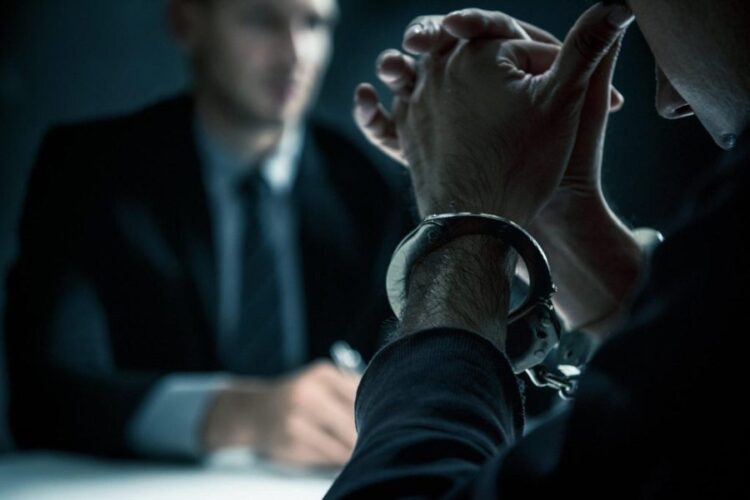Facing a criminal conviction can be a daunting experience, but it’s important to remember that a conviction isn’t always the end of the road. If you believe that errors were made during your trial, you may have the right to challenge the verdict through an appeal. A skilled criminal appeal lawyer can be instrumental in identifying valid grounds for appeal and navigating the complex appellate process.
Understanding Criminal Appeals
A criminal appeal is a legal process where a higher court reviews the decision of a lower court to determine if there were any legal errors that significantly affected the outcome of the trial. Unlike a trial, an appeal doesn’t involve presenting new evidence or witnesses; instead, it focuses on the trial record to assess whether the law was applied correctly.
Common Grounds for Criminal Appeals
- Legal Errors During Trial One of the most common reasons for filing an appeal is the presence of legal errors during the trial. These errors can include improper jury instructions, the admission of inadmissible evidence, or the misapplication of the law by the judge. Such errors can undermine the fairness of the trial and may provide grounds for an appeal.
- Ineffective Assistance of Counsel Defendants are entitled to competent legal representation. If a defense attorney’s performance falls below an acceptable standard and adversely affects the outcome of the trial, it may constitute ineffective assistance of counsel. Examples include failing to investigate crucial evidence, not calling key witnesses, or not objecting to prejudicial evidence.
- Prosecutorial Misconduct Prosecutors have a duty to seek justice, not merely to obtain convictions. If a prosecutor engages in misconduct, such as withholding exculpatory evidence, presenting false evidence, or making improper statements during trial, it can violate the defendant’s rights and may serve as a basis for an appeal.
- Juror Misconduct The impartiality of the jury is crucial to a fair trial. If a juror engages in misconduct, such as conducting independent research, discussing the case outside of deliberations, or being biased, it can affect the trial’s outcome. Evidence of juror misconduct may provide grounds for an appeal.
- Insufficient Evidence If the prosecution fails to present sufficient evidence to support a conviction beyond a reasonable doubt, it may be grounds for an appeal. An appellate court can overturn a conviction if it finds that no reasonable jury could have found the defendant guilty based on the evidence presented.
- Sentencing Errors Errors in sentencing can also be grounds for an appeal. This can include imposing a sentence that exceeds the statutory maximum, failing to consider mandatory sentencing guidelines, or not providing adequate reasons for a particular sentence.
The Role of a Criminal Appeal Lawyer
Navigating the appeals process requires a deep understanding of appellate law and procedure. A criminal appeal lawyer plays a vital role in this process by:
- Reviewing the Trial Record: They meticulously examine the trial transcripts and evidence to identify potential legal errors.
- Researching Legal Precedents: They conduct thorough legal research to find case law that supports the grounds for appeal.
- Drafting Persuasive Briefs: They prepare compelling appellate briefs that clearly articulate the legal errors and their impact on the trial’s outcome.
- Representing Clients in Appellate Courts: They present oral arguments before appellate judges, advocating for the client’s interests.
Conclusion
While a criminal conviction can feel like a final judgment, the appeals process offers a mechanism to challenge potentially unjust outcomes. Identifying valid grounds for appeal and effectively presenting them requires expertise and experience. A dedicated criminal appeal lawyer can provide invaluable assistance in ensuring that justice is served.










